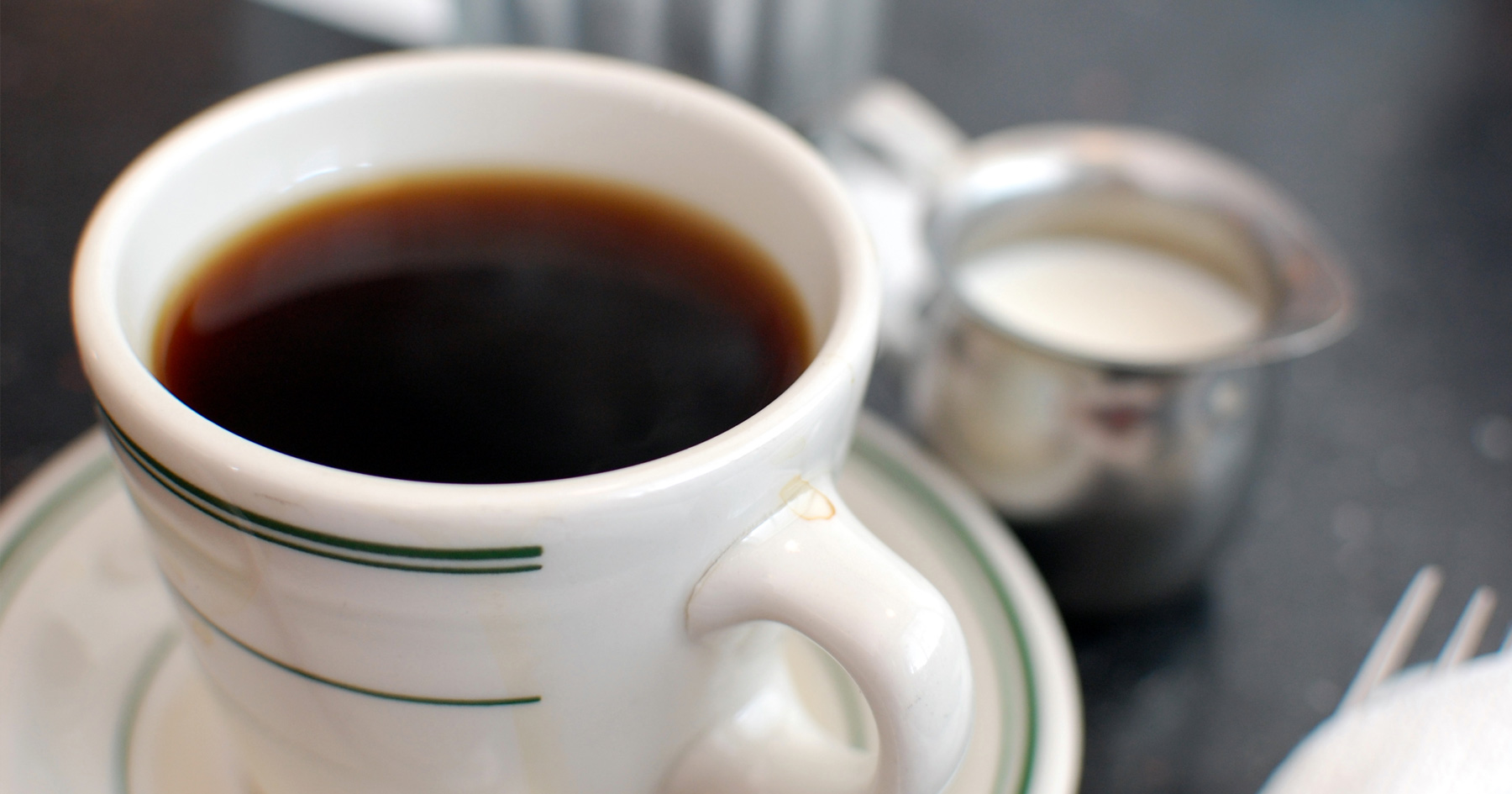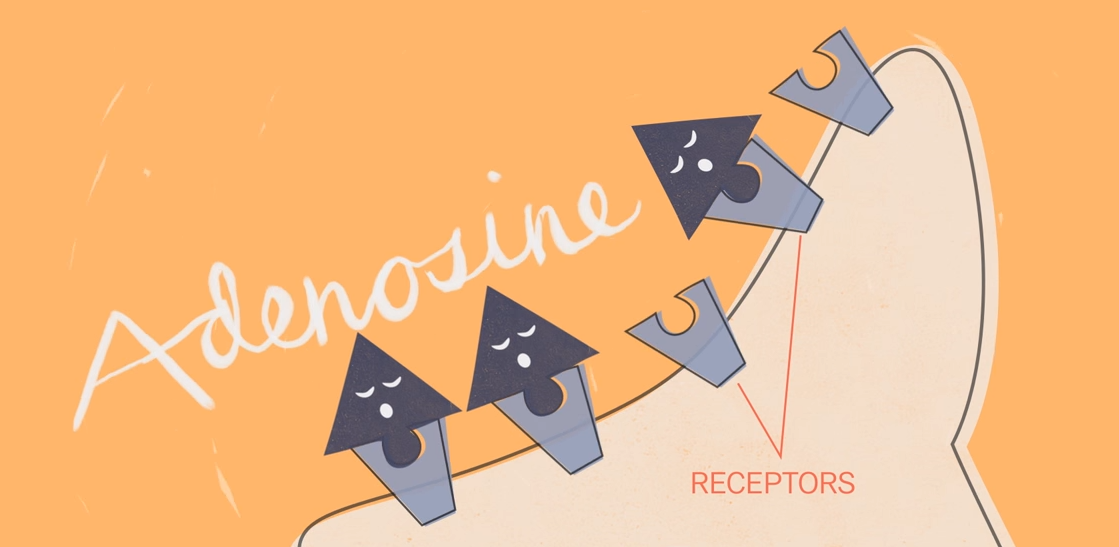The Best Time to Drink Coffee

By:
For many people, coffee is the best part of the morning. If you're sleep deprived or stressed, you can always look forward to that warm cup of joe to comfort you at the start of the day.
Even though many of us drink this stimulant exactly when we want it, we might not always consume it at the best time for our bodies. Steven L. Miller, a postdoctoral research associate at the academic medical center Dartmouth-Hitchcock, argues that your coffee would be most effective between 9:30 AM and 11:30 AM due to your cortisol levels dropping prior to the next spike.
Cortisol production.
Miller wrote in a 2013 blog post (which was then republished on Gizmodo) that drinking coffee at 8 a.m., when most people are having breakfast or preparing for work, might not be the best idea given one's circadian rhythm of cortisol, which is often referred to as the stress hormone.
"[I]f we are drinking caffeine at a time when your cortisol concentration in the blood is at its peak, you probably should not be drinking it," Miller wrote. "This is because cortisol production is strongly related to your level of alertness and it just so happens that cortisol peaks for your 24 hour rhythm between 8 and 9 AM on average. Therefore, you are drinking caffeine at a time when you are already approaching your maximal level of alertness naturally."
 Flickr/Steve Snodgrass - flic.kr
Flickr/Steve Snodgrass - flic.kr
Miller added that caffeine is a drug, and that we can develop a tolerance to caffeine by consuming it in regular doses, rendering it ineffective at certain times.
"[T]he same cup of morning coffee will become less effective and this is probably why I need a shot of espresso in mine now," he wrote. "Although your cortisol levels peak between 8 and 9 AM, there are a few other times where–on average–blood levels peak again and are between noon to 1 PM, and between 5:30 to 6:30 PM. In the morning then, your coffee will probably be the most effective if you enjoy it between 9:30 AM and 11:30 AM, when your cortisol levels are dropping before the next spike."
The perks of coffee.
Coffee, of course, comes with more benefits than jumpstarting your day and keeping you focused. On a personal level, it can bring people together. Nearly 85 percent of American adults drink coffee, so it presents a good opportunity to interact and bond with others.
A study published last year in the Journal of Alzheimer's Disease also found that moderate coffee consumption could help prevent dementia and cognitive impairment. The research found found older, cognitively normal individuals who habitually consumed one to two cups a day had a lower risk of experiencing mild cognitive impairment (MCI) than those who consumed little to no coffee. Older cognitively normal people who started drinking more than a cup a day, however, had a higher chance of facing MCI compared to those who had less coffee or maintained the same coffee drinking habits.
A recent video by Vox also illustrates that drinking coffee before a nap can actually be beneficial, even though coffee is often associated with keeping people awake.
The clip notes that it takes 15 to 30 minutes for coffee to take effect. This is roughly is the same amount of time a short nap needs to break down adenosine, which makes you feel tired and builds up throughout the day.
"Caffeine chemically looks a whole lot like adenosine," the video states. "When you ingest caffeine and it enters your brain, it blocks adenosine from fitting into those receptors. A lot of people have said that this is like taking a car and putting a block of wood underneath the brake pedals."
 Vox - youtube.com
Vox - youtube.com
Because sleep naturally clears out adenosine for the brain, the caffeine doesn't even need to compete with the adenosine to fit into your brain receptors.
Watch the full video here:
